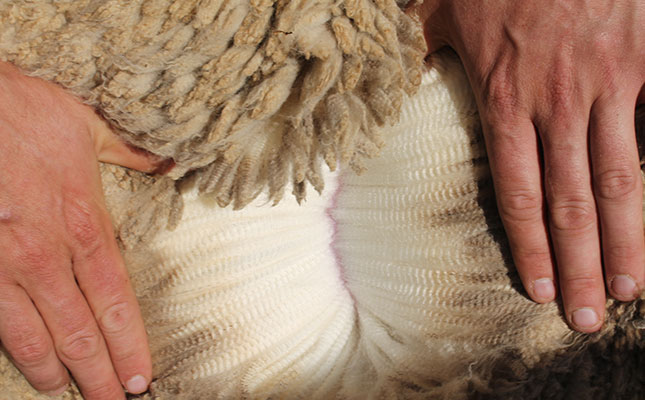
Following a failed court bid to force the government of Lesotho to withdraw the recently gazetted Agricultural Marketing (Wool and Mohair Licensing) Regulations of 2018, wool and mohair producers in that country are appealing to industry stakeholders in neighbouring countries for assistance.
READ The finest Merinos in SA bred using genetic extremes
According to the regulations, no one is permitted to trade in wool and mohair without a licence obtained from the Ministry of Small Business, Cooperatives and Marketing.
The minister of agriculture also has the power to amend or cancel a licence according to certain terms and conditions. In addition, the holder of an export licence would not be permitted to export wool and mohair unless it is prepared, brokered, traded and auctioned in Lesotho, the regulations state.
In an interview with Farmer’s Weekly, Rantelali Shea, spokesperson for the Lesotho Mohair Growers’ Association, said when these regulations were introduced, the association wrote a letter to the Economic and Development Cluster Committee, asking the Lesotho government to engage with farmers and farmer organisations about the regulations, but to date there had been no consultation.
READ Never compromise on shearing shed hygiene
“Wool and mohair trade [generates] about a half a billion rand in revenue annually and supports more than 50 000 small-stock wool and mohair growers in Lesotho. The association also has 37 500 members across Lesotho, who earn a living from the proceeds of the sale of Lesotho fibre clip,” he said.
Shea said over the past 44 years, the government of Lesotho had set up a formal system to enable the farmers to auction their wool and mohair through brokers from the South African Wool and Mohair Buyers’ Association at the Port Elizabeth Wool Exchange.
READ SA’s first commercial cashmere success story
The brokers include BKB, among others.
“The regulations that are forced upon us only disturb the stable market of our fibre and other related contracts. As we can’t continue to deliver the wool and mohair directly to the international markets, in particular BKB, we are unable to service the loans that were secured to finance the project,” he added.
The organisation has submitted a number of petitions to different institutions, including the Lesotho prime minister, requesting that the legislation be withdrawn.
“We have tried in vain to take all legal ways to solve this man-made problem, but the government of Lesotho has chosen to ignore all three court rulings in our favour.
“The police has been ordered to confiscate any products of individuals who try to export. We are appealing to our neighbouring countries to assist the association as we appeal [through the] courts.”
Get trusted farming news from Farmers Weekly in Google Top Stories.
➕ Add Farmers Weekly to Google ✔ Takes 10 seconds · ✔ Remove anytime






